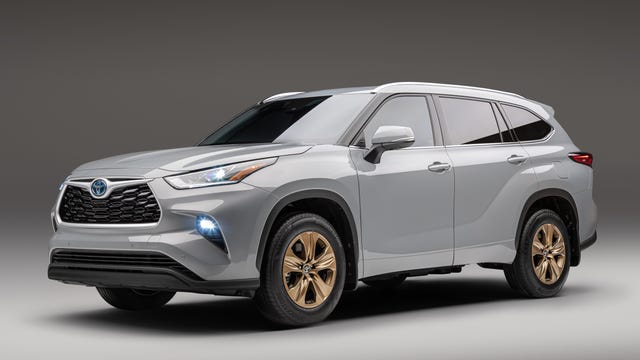Timeline Tales
Exploring the stories that shape our world, one timeline at a time.
Hybrid Cars: The Stealthy Fuel Savers You Never Knew You Needed
Discover the hidden benefits of hybrid cars and why these stealthy fuel savers are the game-changer your wallet has been waiting for!
How Hybrid Cars Work: An In-Depth Look at Fuel Efficiency
Hybrid cars combine traditional internal combustion engines with electric propulsion to enhance overall fuel efficiency. This innovative technology allows them to use both gasoline and electricity, optimizing energy consumption. When accelerating or driving at low speeds, many hybrids rely primarily on their electric motor, which reduces fuel usage and emissions. As the car accelerates or the battery depletes, the internal combustion engine engages to provide additional power. This seamless transition between power sources not only improves efficiency but also contributes to a smoother driving experience.
The fuel efficiency of hybrid cars is further enhanced by various energy-saving features. For instance, regenerative braking captures energy typically lost during braking and converts it back into electricity to recharge the battery. Additionally, many hybrids are designed to operate in electric-only mode under certain conditions, such as when driving at low speeds or during short trips. This not only minimizes fuel consumption but also extends the life of the combustion engine, leading to reduced maintenance costs and a lower environmental impact.

Top 5 Myths About Hybrid Cars Debunked
Hybrid cars have gained popularity in recent years, but with their rise in prominence, several myths have emerged. One of the most common misconceptions is that hybrid vehicles are always more expensive to maintain than traditional cars. In reality, many hybrid models are designed with fewer moving parts in their engines, which can lead to lower maintenance costs over time. Additionally, as technology improves, the price of replacement parts for hybrids has become more comparable to that of conventional vehicles.
Another prevalent myth is that hybrids are not powerful enough for everyday driving. This is simply not true. Today's hybrids are equipped with advanced powertrains that combine electric motors with gasoline engines, providing impressive acceleration and performance. According to a survey of hybrid car owners, many drivers report that their vehicles offer more than enough power for city commutes and highway driving. Here are some aspects that debunk this myth:
- Instant torque from electric motors
- Efficient use of gasoline
- Enhanced driving dynamics
Are Hybrid Cars Right for You? Key Factors to Consider
As more consumers consider eco-friendly options, the question arises: Are hybrid cars right for you? Hybrid vehicles, which combine a traditional internal combustion engine with an electric motor, can offer advantages in fuel efficiency and reduced emissions. However, before making a decision, it's essential to evaluate your personal driving habits and needs. For instance, if you frequently engage in long-distance travel, a hybrid may not always be the most economical choice compared to conventional gas-powered cars. Conversely, if your daily commute involves short distances or stop-and-go traffic, a hybrid's ability to operate efficiently on electric power could result in significant savings.
When determining whether hybrid cars are suitable for your lifestyle, consider key factors such as initial cost, maintenance, and environmental impact. While hybrid vehicles typically come with a higher upfront price tag, many owners find lower fuel costs and potential tax incentives offset this investment over time. Additionally, hybrids often require less maintenance due to their simplified engines and regenerative braking systems. Ultimately, it’s crucial to weigh the long-term benefits of owning a hybrid against your budget and preferences to decide if this innovative option fits your needs.